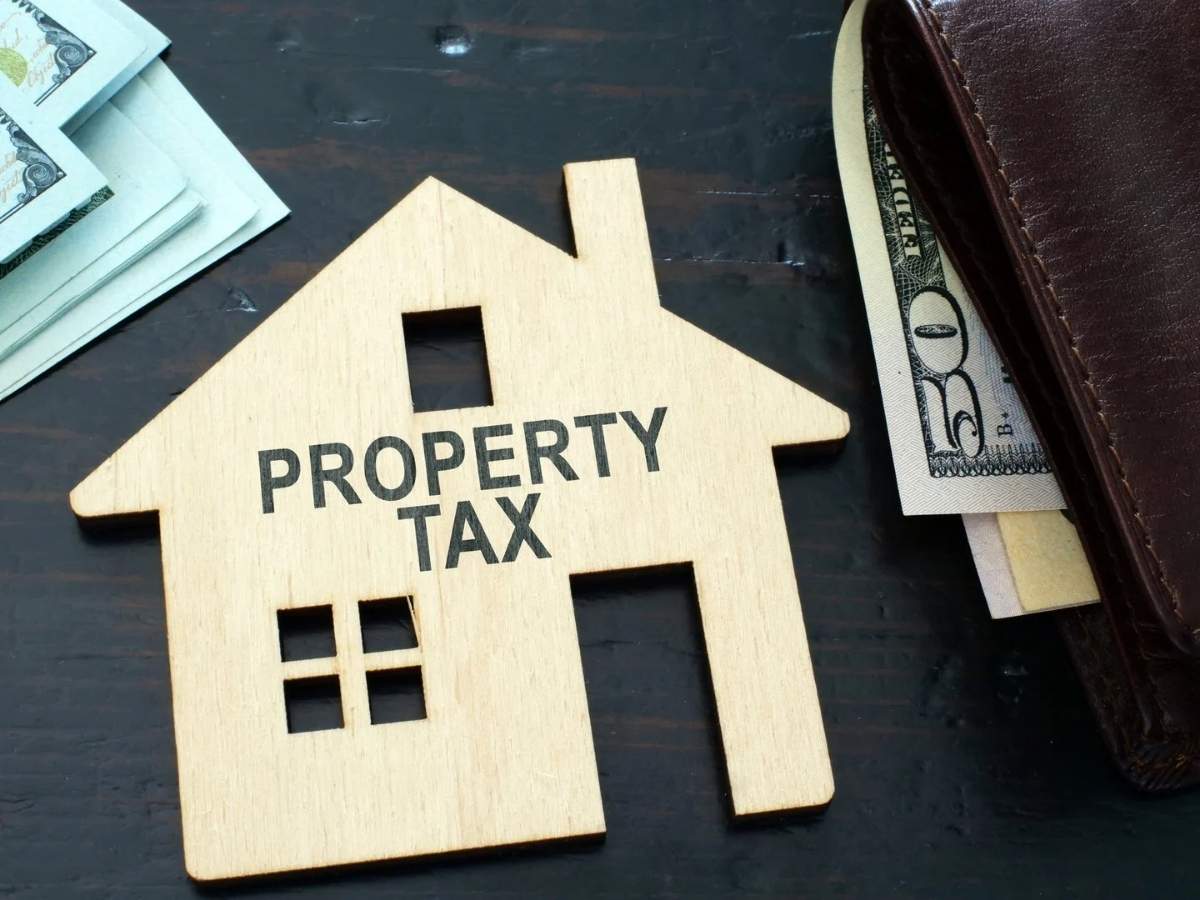
A Complete Guide to Property Tax in the USA
Property taxes are a key source of funding for local services in the U.S., such as schools, police, fire departments and infrastructure. Although property taxes are essential for funding local governments, understanding how they work can confuse homeowners, property investors and even renters.
In this guide, we’ll explore the basics of property taxes, how they are calculated, the exemptions available and the latest trends affecting property taxes.
What Are Property Taxes?
Property taxes are taxes that homeowners and property owners must pay to local government authorities, such as counties, cities and school districts. The taxes are based on the value of your property, whether it’s your primary residence, a rental property or a commercial building.
The revenue from property taxes is essential for funding public services like education, emergency services and infrastructure (e.g., roads and bridges). Local governments would struggle to run and upgrade these services without property taxes.
How Are Property Taxes Calculated?
Property taxes are calculated using a simple formula:
Property Tax = Assessed Value of Property x Tax Rat
Let’s break it down further:
Assessed Value – The assessed value is the value of your property determined by a local government assessor. The assessor uses methods like looking at recent sales of similar properties, local market trends and the condition of your property to estimate its value. The assessed value may differ from the market value, especially if there have been recent market fluctuations or if your property hasn’t been reassessed in a while.
Tax Rate (Millage Rate) – This is the rate at which your property is taxed, usually expressed as a percentage or in “mills.” One mill represents $1 of tax per $1,000 of your property’s value. For example, if the tax rate is 20 mills (or 0.02), and your property is assessed at $200,000, your property tax would be $4,000.
Types of Property Tax Rates
Local governments generally levy property taxes, and these rates can differ from one region to another. Here are the different types of tax rates that can affect how much you pay:
Local Property Tax – This is the most common type of property tax, set by cities, counties and school districts. It typically funds local services like education, police, fire departments and public infrastructure.
State Property Tax – Though most property taxes are local, some states impose their own property taxes. For example, New Jersey is known for having one of the highest state property taxes in the country, in addition to local taxes.
Special Assessments – In certain areas, property owners may face additional taxes for specific purposes like funding a new school or upgrading local infrastructure (e.g., roads, parks, or sewers). These are called special assessments and are usually temporary.

Who Determines Your Property’s Value?
The value of your property is determined by a county or local assessor. The assessor estimates the value based on factors such as:
- The sale prices of similar properties in your area (known as comparables or “comps”).
- The condition and features of your property, such as its size, age and any recent improvements (e.g., new roof, remodeled kitchen).
- The overall health of the local real estate market.
Assessors aim to be as accurate as possible, but their estimates can sometimes differ from the actual market value. Property owners have the right to appeal their assessments if they believe their property has been overvalued. Many counties have a process for filing an appeal if you think the assessment is too high.
Property Tax Exemptions and Deductions
Various property tax exemptions and deductions can help lower the amount of tax you owe. Here are some of the most common:
Homestead Exemption – Many states offer a homestead exemption, which reduces the taxable value of your primary residence. For instance, if your home is valued at $300,000, and your state provides a $50,000 exemption, your taxable value will only be $250,000.
Senior Citizens and Disabled Individuals – Many states and local governments provide additional property tax relief for senior citizens, veterans or individuals with disabilities. These exemptions may reduce the property’s taxable value or provide direct tax credits.
Agricultural Exemption – In some rural areas, property used for farming or agriculture can qualify for lower property tax rates or exemptions. This can be beneficial for landowners with agricultural properties.
Veterans’ Exemption – Some states like Texas offer significant property tax exemptions for veterans or their surviving spouses. These exemptions can greatly minimize the amount of tax a veteran needs to pay.
How Often Are Property Taxes Assessed?
The frequency of property tax assessments varies by location. In most places, property assessments happen on an annual or biennial (every two years) basis. Some counties may assess properties every 3 or 4 years in areas with stable property markets. However, local governments typically update the tax rates and collect taxes annually or semi-annually.
Many states are seeing property values climb on rising demand for homes and inflation, which could mean higher property tax assessments for many homeowners. As such, staying informed about when assessments take place in your area is important, as this can affect your tax bill.
When Are Property Taxes Due?
The due date for property taxes varies by county or city. In some places, property taxes are due in one lump sum annually, while in others they are due in two payments. Common due dates for property taxes include:
Annually – Taxes are due once per year, typically at the end of the year or in the spring.
Semi-Annually – Some local governments split property taxes into two payments: one due in the spring and the other in the fall.
It’s important to understand your local property tax schedule and make sure to pay on time to avoid late fees and interest charges.
What Happens if Property Taxes Aren’t Paid?
Failure to pay property taxes can have serious consequences, including:
Penalties and Interest – Local governments charge penalties and interest on late property tax payments, which can quickly add up.
Tax Lien – If taxes remain unpaid for a significant period (usually 1 to 3 years), the government may place a lien on your property, which is a legal claim on your home. This means when you sell the property, the government will take its unpaid tax from the sale proceeds.
Foreclosure – If you continue to neglect your property taxes, the local government can eventually seize the property through a tax foreclosure process. This often happens after the lien period ends.
Tips for Managing Property Taxes
Review Your Property Assessment – Always check your property’s assessed value to ensure it’s accurate. If you think your property has been overvalued, file an appeal with your local assessor’s office.
Take Advantage of Exemptions – Be sure to apply for any exemptions or tax breaks you qualify for, such as the homestead exemption, senior citizen deductions or veterans’ exemptions. These can heavily cut down your tax burden.
Plan Ahead – Property taxes can be a big annual expense. Plan for them by setting aside money each month in a dedicated account so you can pay your bill when it’s due.
Stay Informed – Property tax laws and rates can change from year to year. Stay informed about local tax rates, assessment schedules and any changes that may affect your property taxes.
Conclusion
Property taxes are important for funding local services. Though they can be confusing, homeowners and property investors need to understand how they’re calculated, what exemptions are available and the risks of not paying.
You can manage your property taxes well by staying informed, checking your property assessment and using any exemptions you qualify for. Planning ahead and paying on time will help you avoid penalties and troubles.



